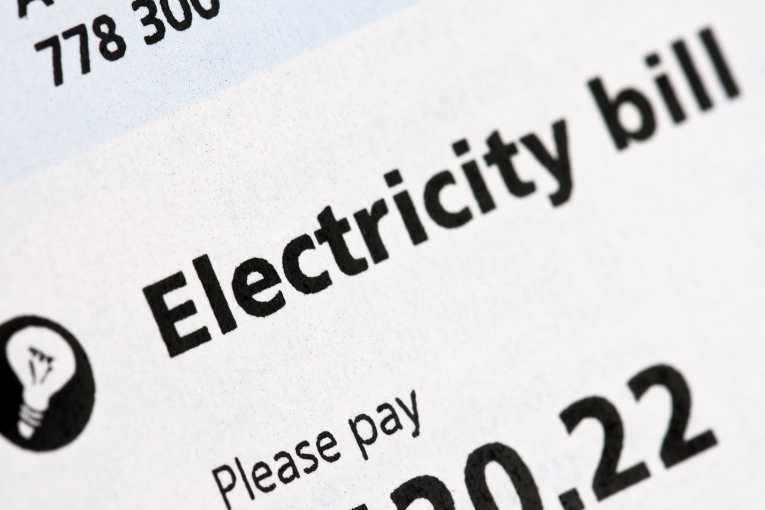UK Energy Secretary Chris Huhne is chairing a summit meeting with the country's smaller energy companies in a bid to reduce the dominance by the 'Big Six' energy firms and tackling rising household bills.
The 'Big Six' are British gas, npower, E.ON, EDF, Scottish Power and Scottish & Southern. They generate 80% of the electricity used in the UK, with 99% of people receiving their electricity from them.
The summit, including smaller firms like First Utility, OVO Energy, Good Energy and Utilita will see the Energy Secretary along with the chief executive of industry regulator Ofgem, Alistair Buchanan, explore ways the marketplace could be made fairer to increase competition.
Households and businesses in the UK have seen a year of rising energy prices, largely caused by increasing wholesale costs of oil and gas worldwide. The rise runs the risk of forcing more households into fuel poverty. Wider competition in the marketplace could force a reduction in prices. Ofgem has already issued a proposal to make the 'Big Six' auction off 20% of the electricity it generates.
Chris Huhne says, "Our energy market has been too cosy for too long," he said. "We need more competition to keep bills down. It is madness that 99pc of people get energy from the Big Six."
However concern has been drawn to the potential implication on green rules and regulations if the changes are made. Currently, if an energy company supplies more than 150,000 dual fuel customers it had to adhere to green energy obligations, including Carbon Emissions Reduction Target and the Community Energy Saving Programme. In June, the Government announced smaller energy firms would be exempt from these regulations: many serve fewer than 100,000 customers, now firms with 250,000 customers or fewer will not have to take part in the two Government programmes, which could undermine green reform activity.
It comes on the back of criticism of the Government's green agenda and fiscal policy levied by the Environment Audit Committee that claims environment taxes are so confusing businesses see them as a revenue-raising exercise, rather than being concerned about the green implications.
Chair of the Committee Labour MP Joan Walley says, "Recent Budgets have created the perception that environmental taxes are simply being used to pinch extra pennies from people. Politicians should use green taxes more carefully to challenge and change the most polluting activities."
The Committee specifically cited the decision to trim a penny off fuel duty in the budget with no new incentives to switch to lower carbon alternatives.
Green taxes on UK households and businesses rose £1.9bn to £41.4bn last year.
The proposed changes to the energy marketplace come just days before the Government's White Paper on electricity market reform is published which they say will set out the biggest shake up of the electricity market in a generation and deliver an investment of over £100bn to upgrade the country's energy system.
Top Image Credit: © Alex Yeung










